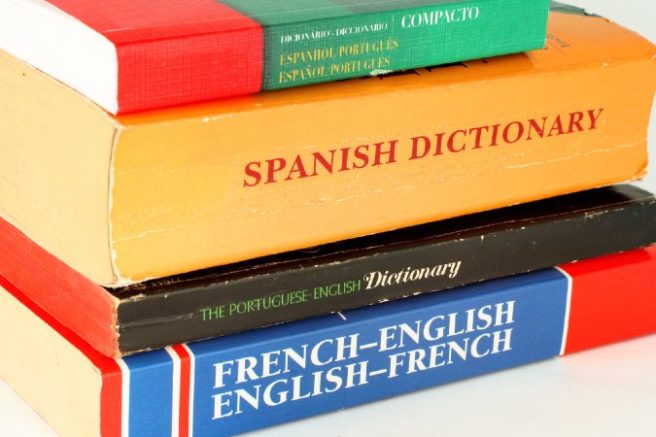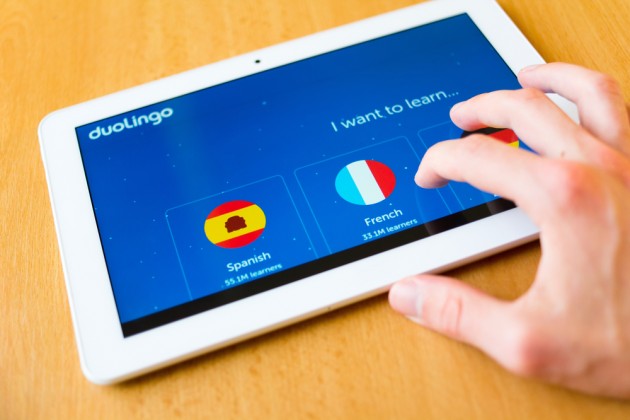
Speak more than one language? Bilinguality alters time perception
According to a recent study, being able to speak a language other than your native tongue provides you with more than just a key to another culture or country, but also effects your perception of time.
No, seriously.
A study, which investigated the theory that bilingual people have a more flexible understanding of time, established that this may, indeed, be the case as time is described with varying degrees of rigidity across languages.

The research, which was conducted by the University of Stockholm and the University of Lancaster, focussed on Spanish-Swedish bilinguals; 40 of whom were native Spanish speakers and 40 of whom were native Swedish speakers.
So, how did researchers go about testing the hypothesis?
Well, participants were shown a computer screen which featured a growing line alongside a video which featured a container filling with water, and asked to measure the duration of the process.
As Swedish uses 'distance' to imply time, such as a 'long' or 'short', and Spanish uses volume such as 'big' or 'small', the participants answered accordingly.
Interestingly, however, bilinguals were able to switch neatly between the two measurements leading researchers to conclude that their perception of time is much more flexible than a monolingual's.

Commenting on the findings, co-Author Panos Athansopoulos said: "By learning a new language, you suddenly become attuned to perceptual dimensions that you weren’t aware of before."
"The fact that bilinguals go between these different ways of estimating time effortlessly and unconsciously fits in with a growing body of evidence demonstrating the ease with which language can creep into our most basic senses, including our emotions, our visual perception, and now it turns out, our sense of time."
The study has been published in the Journal of Experiment Psychology: General






